China's popular social media platform Douyin, Chinese version of TikTok, has launched a rectification campaign to crack down on accounts registered with faked identities of high-ranking company executives, experts or "masters," with which account holders win the trust of internet users for the purpose of obtaining profits.
According to a statement from Douyin released on Monday, the social media platform has recently found that a few individual we-media accounts have exaggerated or faked their identities, claiming themselves to be high-ranking executives from renowned enterprises, experts, or "masters" who are unable to be verified. With such unverifiable identification, the we-media accounts win the trust of internet users and further direct them to third-party platforms for profit.
Those behaviors seriously violate the platform's regulations and undermine users' confidence, causing economic losses and emotional damage.
Vowing to maintain a transparent and safe cyber community environment, the platform urged the relevant accounts to conduct self-inspection, modify or revise their problems in a timely manner, or delete improper self-introduction or content. Or they must submit credible documents to the platform for verification in accordance with platform regulations.
The platform will conduct a special rectification campaign as of Monday to identify accounts violating regulations, and take management measures including resetting usernames or profiles, removing videos, revoking authorization for business, excluding from search results, prohibiting followers and banning accounts.
Violators include those account holders who claim to have certain identities with relevant expertise or achievements which cannot be verified or be proved with credible documents.
Account holders who claim to be high-ranking executives from major enterprises in their introduction without credible proof will be rectified. Other problematic accounts include those boasting about their performance but failing to be verified or providing with credible proof.
In particular, some unverifiable self-appointed "masters" such as the "godfather of romantic relationships," "experts in marriage," "mentor of entrepreneurship," "emotional and psychological therapist," "life coach" and "marriage therapist" whose identities cannot be verified or have never been widely accepted by the public, will also be targeted during this campaign.
In February this year, when OpenAI's Sora generative artificial intelligence (AI) model sparked a craze over learning in this area among Chinese netizens, Li Yizhou, a career influencer with tens of millions of followers on China's social media platforms who was dubbed as "Chinese AI godfather," sold approximately 250,000 sets of AI learning courses, generating sales of about 50 million yuan ($6.87 million). It sparked controversy due to his exaggerated claims and the low quality of his courses, which led to a wave of refund demands, as well as copyright disputes with numerous developers who demanded compensation and an apology. Eventually, Li's social media accounts were banned and his courses were removed from the platforms, according to media reports.
Public information about Li shows that he had an educational background with the Academy of Arts & Design, Tsinghua University, but his expertise had nothing to do with AI or deep learning.

















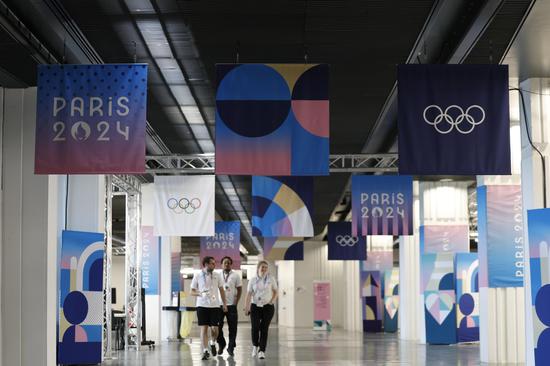



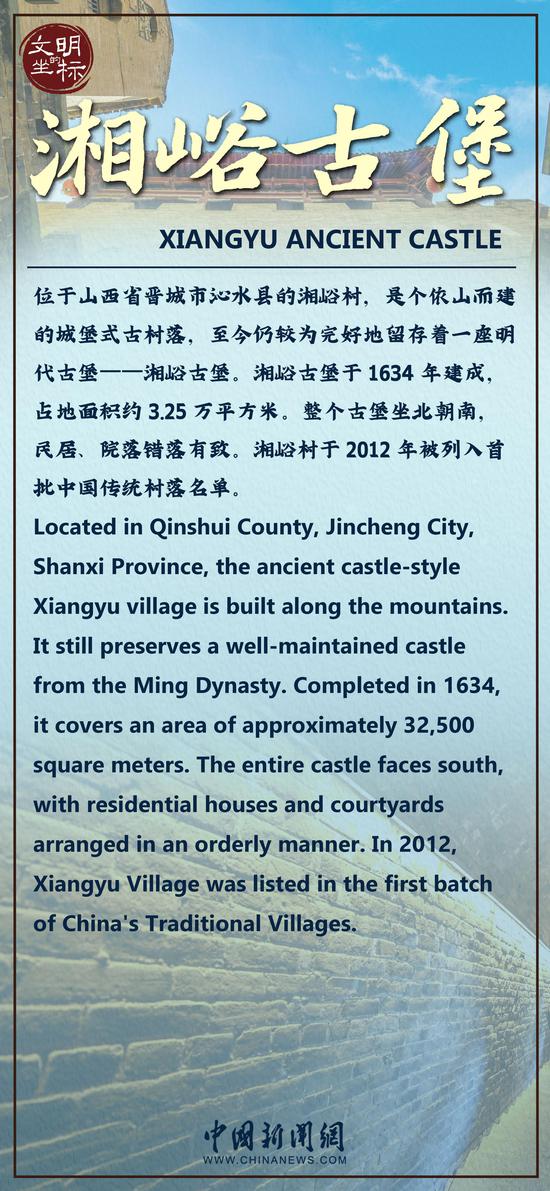
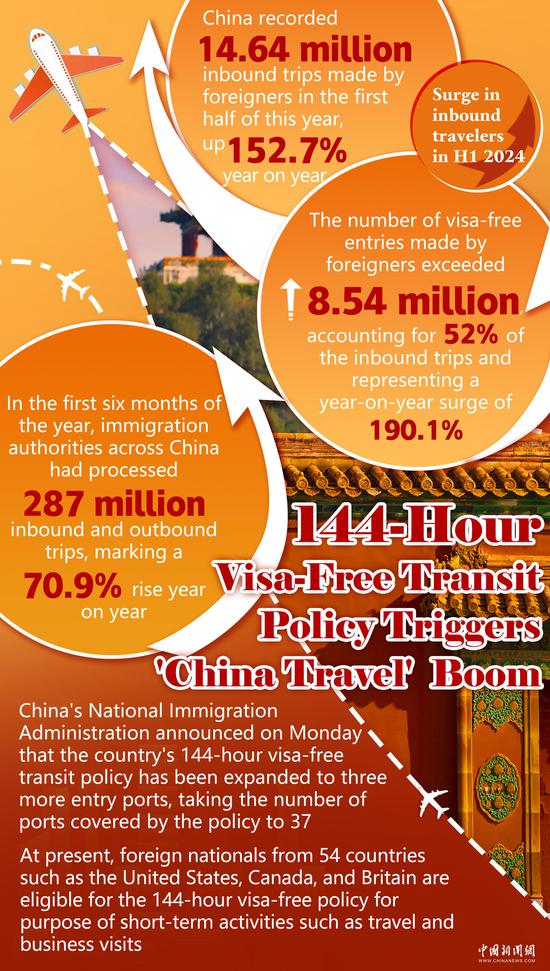
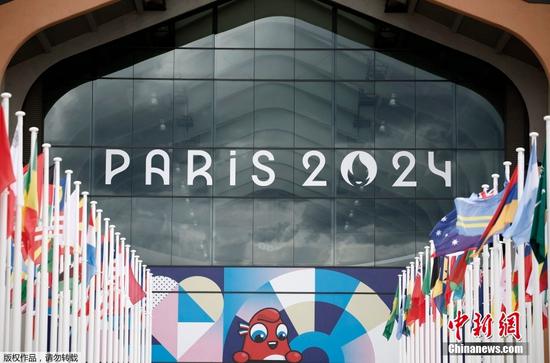
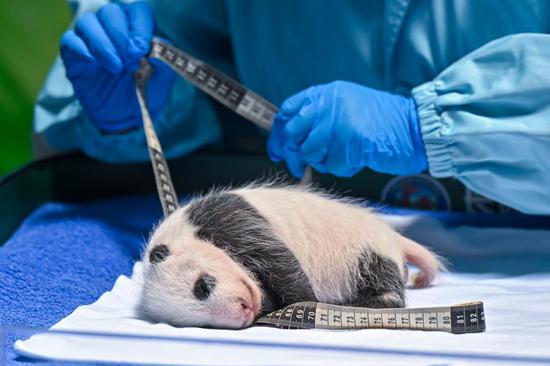

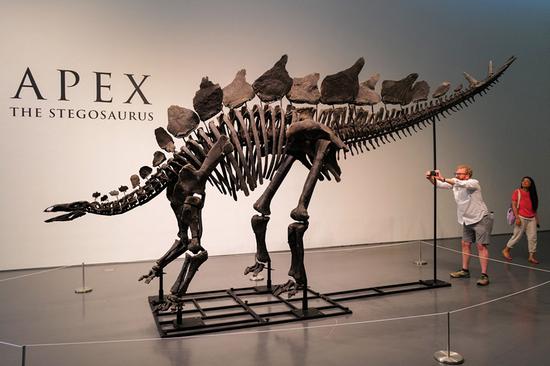

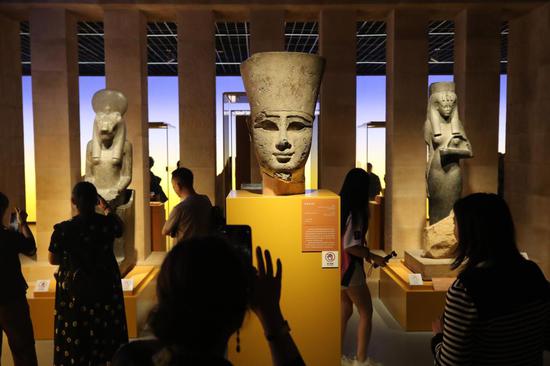








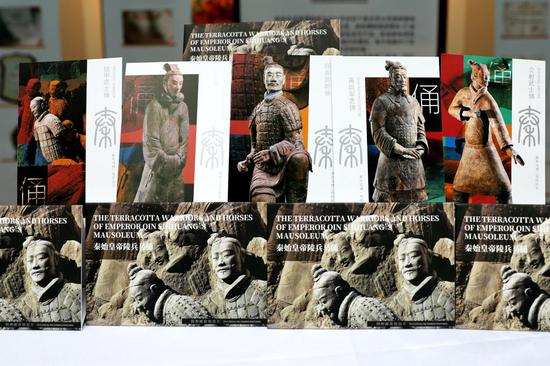


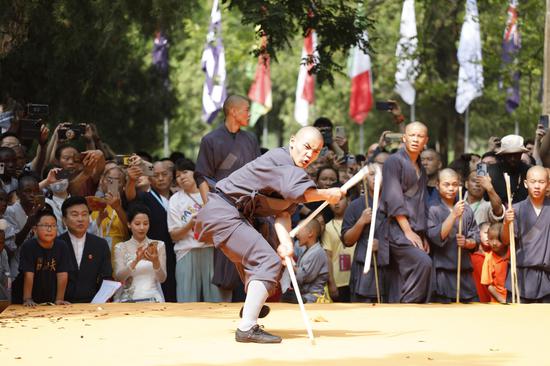
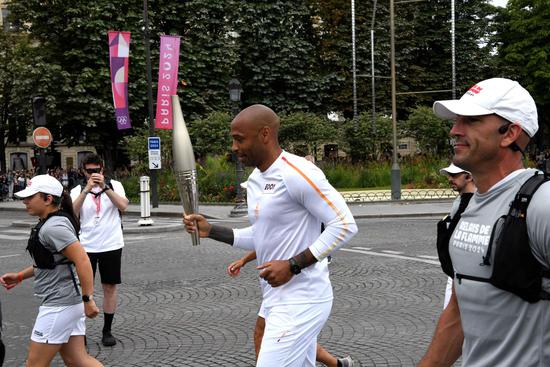




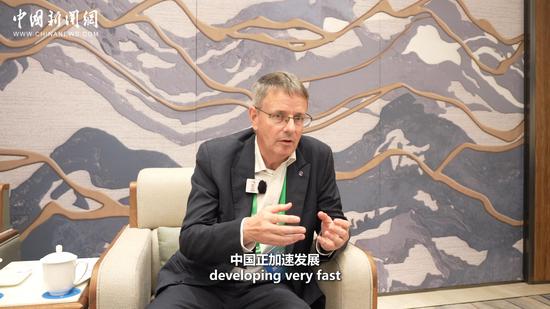



 京公网安备 11010202009201号
京公网安备 11010202009201号